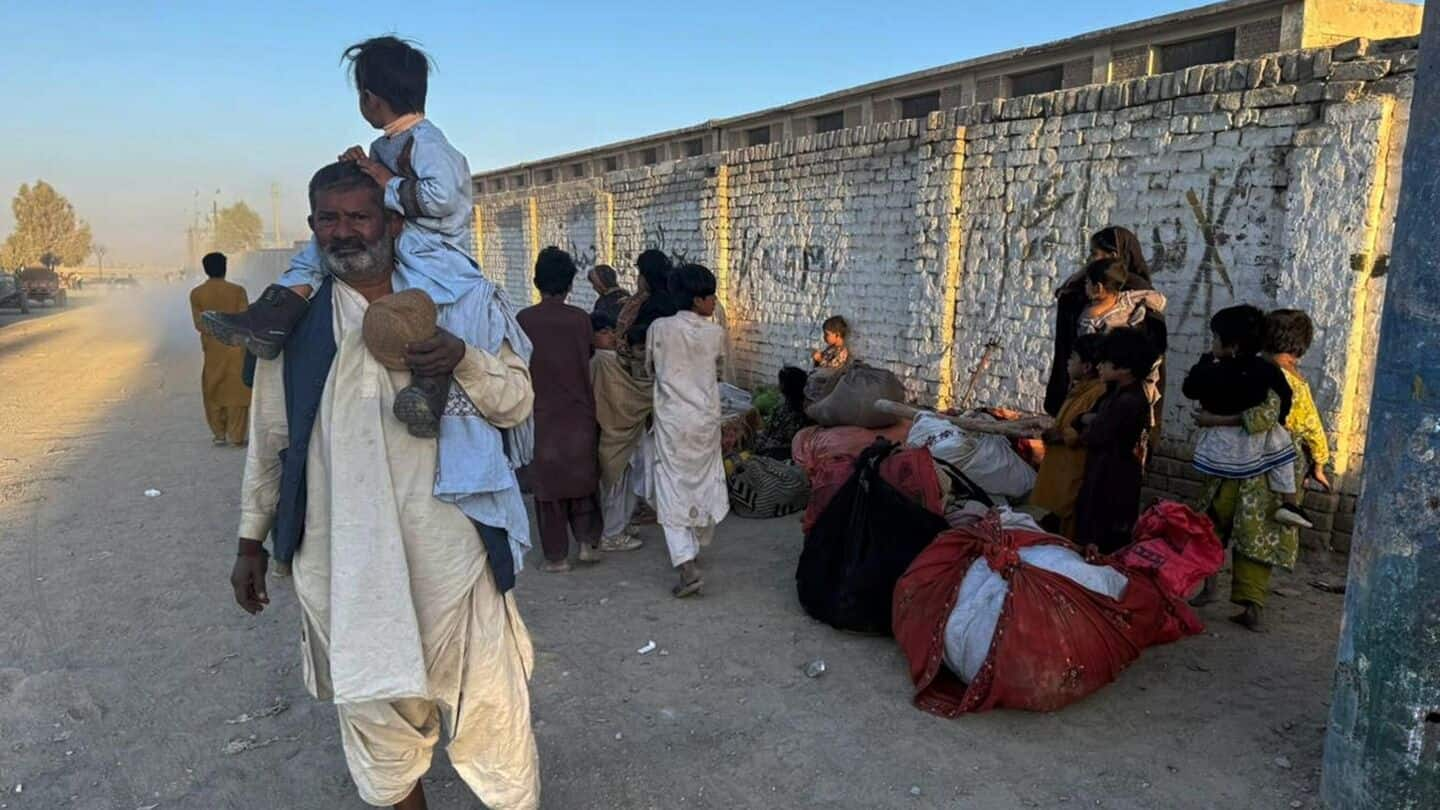
Pakistan admits secret drone pact during Afghan talks; truce falters
What's the story
Pakistan has, for the first time, admitted that it cannot stop drone strikes inside Afghanistan due to a secret agreement with a foreign country. This revelation was made during peace talks between Afghanistan and Pakistan in Ankara, Turkey, TOLO News reported. The Pakistani delegation reportedly expressed its inability to prevent such attacks, citing the agreement with a third country. However, the foreign country in question was not revealed in the report.
Negotiation deadlock
Pakistani delegation disorganized, focused on withdrawing from negotiations
The Pakistani delegation also insisted that the Afghan team accept Islamabad's right to strike inside Afghanistan in response to attacks by the Tehrik-i-Taliban Pakistan (TTP). However, this request was met with resistance. The Afghan media outlet quoted a source saying that the Pakistani delegation seemed disorganized and focused more on withdrawing from negotiations than presenting coherent arguments.
Strategic developments
Pakistan signed defense agreement with Saudi Arabia
This development comes months after Pakistan signed a Strategic Mutual Defence Agreement with Saudi Arabia in September. The agreement deepens military and economic ties between the two countries. Simultaneously, Islamabad has also strengthened its defense and strategic alignment with the United States under President Donald Trump. The US president has publicly demanded the return of Bagram airbase from Taliban-controlled Afghanistan. He even threatened that if it did not get the airbase, "bad things would happen."
Conflict escalation
Pakistan's airstrikes deep inside Afghanistan
The Afghanistan-Pakistan conflict intensified in early September after TTP attacks on Pakistani forces. This led to airstrikes by Islamabad deep into Afghan territory, targeting suspected militant hideouts in Kabul and Kandahar. The Taliban reported civilian casualties, including women and children, while Pakistan maintained its targets were only TTP commanders. In retaliation, Afghan forces shelled Pakistani border posts along the Durand Line.
Ceasefire agreement
Over 200 dead in cross-border shelling
The conflict resulted in heavy casualties on both sides, with over 200 dead. Pakistan sought mediation from Qatar, Saudi Arabia, and the United States amid fears of a regional conflict. Diplomatic pressure led to a fragile 48-hour ceasefire on October 15, which has held amid accusations of violations. However, peace talks in Istanbul ended inconclusively with both sides blaming each other for failing to reach a long-term truce.